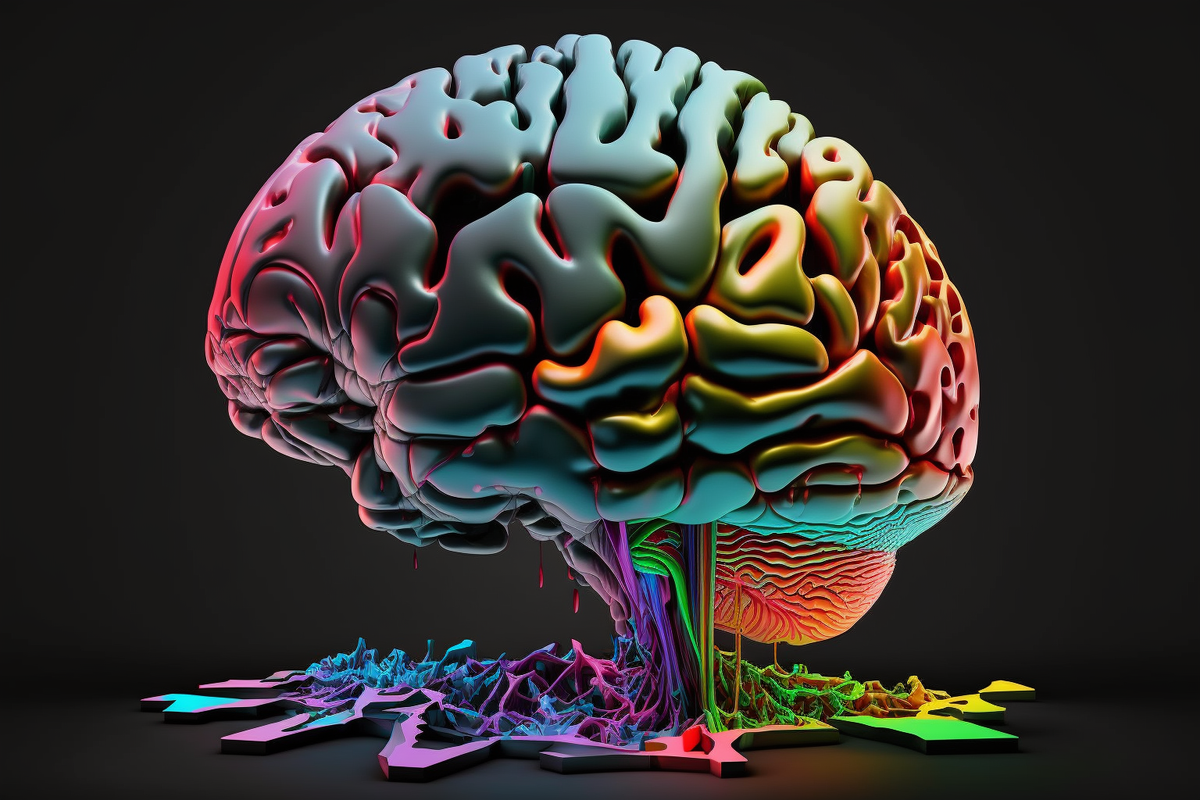WHAT IS CAFFEINE?
Caffeine is a naturally occurring stimulant that is usually found in tea, coffee, and cacao plants. Its significant method of action is to stimulate the brain and the nervous system as a whole, resulting in enhanced alertness and a brief delay in the feeling of exhaustion.
The very first record of brewed tea was documented in 2737 B.C., demonstrating the long history of the usage of caffeinated liquids. This historical relevance demonstrates caffeine’s lasting appeal as a widely used substance.

WHAT ARE THE BENEFITS OF CAFFEINE?
Caffeine has become the most widely used stimulant in the world due to its ability to increase alertness, reduce exhaustion, and improve attention and focus. Caffeine is used by many people to keep alert and cognitively engaged during their everyday tasks. While caffeine is connected with possible health advantages, it is crucial to emphasise that research has not strongly proved all of these benefits.
- Brain Function: Caffeine can inhibit adenosine receptors in the brain, causing dopamine and norepinephrine levels to rise. This has the potential to improve mood and cognitive function. Coffee, which includes polyphenol antioxidants, has been linked to better cognitive skills and a possible slowing of age-related cognitive decline, although further study is needed to validate this.
- Weight Loss: Caffeine’s ability to suppress hunger and promote thermogenesis may help people lose weight. To demonstrate its efficacy, however, additional research is required. It’s crucial to remember that factors like sugar cravings and sleep quality can affect how much caffeine affects weight. A factor to consider while trying to lose weight is the extra sugar and calories included in many coffee beverages.
- May protect against heart disease: According to research, consuming caffeine in moderation may help lower the chance of having a heart attack. Caffeine has been linked to better blood flow and a decreased risk of coronary artery disease. It is crucial to remember that everyone’s body reacts to caffeine differently, and that excessive use or tolerance to caffeine might have negative effects. It is important to consult medical experts to establish the appropriate dosage of caffeine consumption depending on a person’s unique needs and overall well-being.

Individual reactions to caffeine can differ, and some people may be more vulnerable to its effects than others. Furthermore, the impact of caffeine can be influenced by factors such as dose, resistance level, and general health. Caffeine, like any other stimulant, should be consumed in moderation and with caution due to possible complications with prescriptions or underlying medical problems. Always confirm with your doctor before using any supplements.
HOW DOES CAFFEINE WORK IN THE BODY?
Caffeine is a psychoactive drug that has an impact on state of mind, consciousness, and brain. Its molecular structure is quite similar to adenosine, which allows it to interact with the brain. Caffeine is swiftly absorbed from the GI tract into the circulation and metabolised in the liver, influencing the function of several organs. Caffeine’s main effect is felt in the brain, where it inhibits adenosine receptors. Adenosine is a neurotransmitter that causes exhaustion and calmness. Caffeine neutralises the effects of adenosine by attaching to these receptors without stimulating them, resulting in less exhaustion and higher focus. Caffeine can also raise blood adrenaline levels and increase the action of neurotransmitters like dopamine in the brain. This activity promotes brain function, increasing attentiveness and focus.
Caffeine’s effects are usually noticed fast, with its presence in the bloodstream evident within minutes of intake. For example, the caffeine in a cup of coffee can take few minutes to enter the bloodstream and reach its peak efficiency within nearly an hour. Individual reactions to caffeine, however, might vary, and factors such as the amount consumed, an individual’s sensitivity level, and overall wellness can influence its impact.
HOW MUCH CAFFEINE CAN A PERSON TAKE?
Caffeine dosage for an individual might vary depending upon various factors, including general health, caffeine sensitivity, and pre-existing medical issues. Caffeine consumption recommendations vary per health organisation, however moderate usage is typically recommended. Caffeine consumption of up to 400 milligrams per day, about equivalent to 4 cups of brewed coffee, appears to be safe for most healthy persons. However, that caffeine sensitivity varies, and some people may react negatively to lesser doses. Listen to your body, be conscious of personal tolerance, and check with your medical practitioner for personalised caffeine intake.
WHAT ARE VARIATIONS OF CAFFEINE?
Caffeine is also known as:
- Coffee extract
- Tea extract
- 1 3 7-Trimethylxanthine
Caffeine should not be confused with:
Caffeic acid
Caffeine is commonly available as:
- Caffeine capsules
- Caffeine tablets
- Caffeine effervescent tablets
- Caffeine gummies
- Caffeine liquid
Glentworth Formulations is here to suit your every need. Everything from Tablets, Capsules and Powder blends.
If you are wanting to know more information, please get in contact with us. Either using the contact form or contacting us directly on: [email protected].


